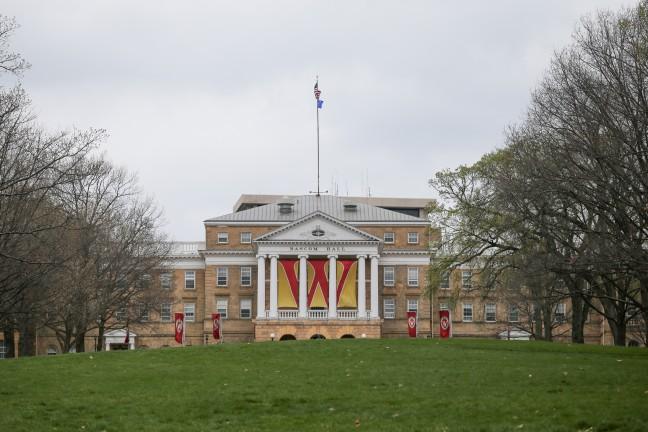The power to unionize may soon be in the hands of faculty at the University of Wisconsin-Eau Claire and Superior campuses.
The universities’ faculties would be the first in the UW System to unionize.
A bill included in the 2009 Wisconsin state budget marked the first time academic employees in the state system were granted collective bargaining rights.
According to Peter Davis, a spokesperson for the Wisconsin Employment Relations Commission, both groups of faculty have filed petitions with the WERC, which oversees elections that determine union representation.
“We’re very excited about (unionizing),” said Stephanie Turner, an organizer and faculty member in UW-Eau Claire’s English department. “I think it’s going to ultimately benefit not just the campus community but the wider community as well when they see that we are attracting and retaining some really top people.”
State law requires groups provide documentation showing at least 30 percent of employees approve of unionizing before an election can be held. Turner claims getting this number of faculty is not an issue at UW-Eau Claire.
“Slightly more than 70 percent of our faculty signed cards indicating their interest in having an election,” she said.
Representatives at UW-Superior could not be contacted for specific percentages in faculty interest.
Once verified by WERC, a date and location would be established for the secret ballot election, and according to Davis, there would be not much to stand in the way of a union becoming a reality.
“Barring any glitches, we’d anticipate holding an election at those two campuses sometime in May of 2010,” Davis said.
Although Turner said she cannot speak for UW-Superior, she said she felt the large number of faculty members employed at UW-Eau Claire has given the school a certain “momentum,” and the college’s position as a liberal arts educator makes for a good fit between the university’s academic mission and values and the notion of a democratized workplace.
If elections occur, employees would begin negotiating contracts with the UW system shortly thereafter.
While UW-Superior and UW-Eau Claire applied to the WERC at roughly the same time, each group acts as individual “bargaining units” and will be negotiating their own specific contractual terms, Davis said.
Any new agreements would be beneficial for students as well as teachers.
“If you’ve got a happy faculty, you’re going to have a more positive classroom,” Turner said. “We’ll have more control over tangible things like class sizes and … students will be better served by that.”
UW System spokesperson David Giroux said he is unaware of other schools that may apply for a union in the future, adding the UW System takes a neutral approach to the potential presence of employee unions.
“We’ll do our best to stay out of this process whereby our faculty members exercise their rights,” Giroux said.












